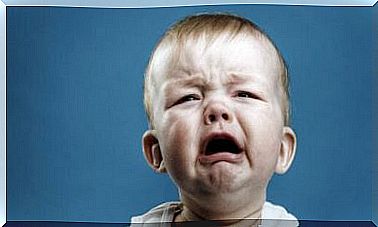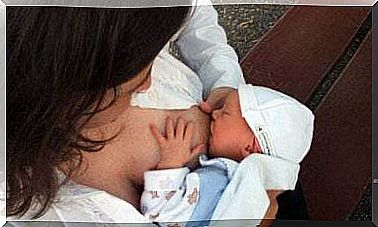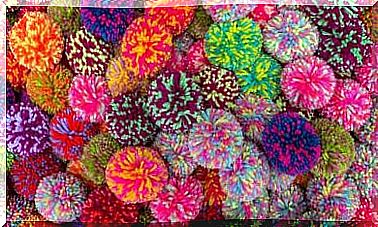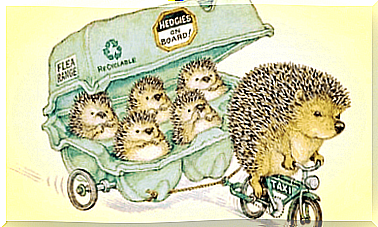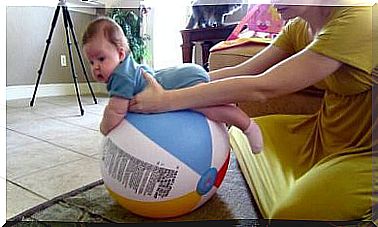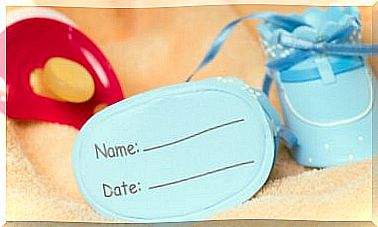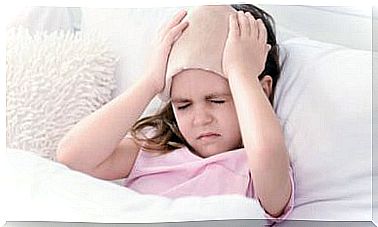Toxic Shame In Children: How Do They Develop It?
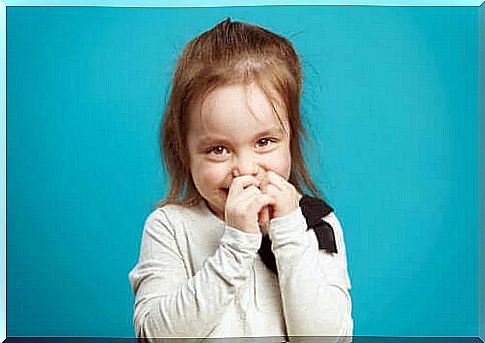
Surely everyone has happened to be ashamed of something. This is normal, just as it is normal to feel some sadness and embarrassment when our failures are public. For example, when we speak in public and make mistakes or stumble and fall when there are people. In children, however, it can become a toxic shame if from an early age they associate this feeling with fear.
Feeling ashamed, in itself, is not bad. It is good that children find it appropriate to change their inappropriate behaviors into acceptable behaviors. But what if we punish children immediately after a shameful situation? How do children develop toxic shame? In this article we will try to answer these questions.
Shame, a learning tool for children
Shame is a feeling that helps us improve inappropriate behaviors to learn how to behave appropriately. It is an acquired cultural behavior that many young people use to interact with others.
Different cultures make us assume different behaviors, what is well regarded in one culture is not good for another. For this reason, some behaviors make us feel ashamed and others don’t. These behaviors vary from place to place, but the feeling is the same because it is universal.
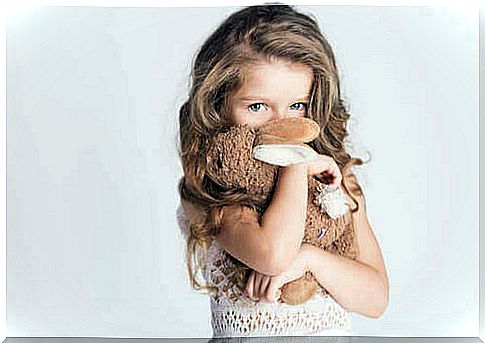
It is completely normal for children to feel ashamed at times. This is a feeling that helps us to live with other people and not to violate social norms. If not, we will feel a lot of shame.
What if the parents punish the child after a shameful situation?
In these cases the child may associate shame with fear and not understand the teaching that the parents want to give him. Experiencing both emotions together causes the child to feel misunderstood, as well as feeling that they are not good enough.
Therefore, when correcting the child’s behavior, it is important to always try to be kind and loving so that he understands the teaching and does not associate it with anything negative. In this way, he will continue to feel good, understand that mistakes can be corrected, and will not feel inferior to anyone.
Why do children develop toxic shame?
If the child receives punishment for any mistake or inappropriate behavior, he may develop so-called toxic shame. This type of shame can embarrass the child and affect their self-esteem and self-confidence, ultimately affecting their life.
How do we pass toxic shame on to our children? There is no single way, it can be transmitted in many ways. The most frequent case is when we are in a public place and we scold our child for having a tantrum and embarrassing us in front of others. In this case, for the child, the reason why you scold him loses importance and feels only shame.
In these situations it is preferable to talk to the child, explain the reason for the reprimand and tell him that there will be no negative consequences. Everyone learns from mistakes, even children.
How can we prevent children from experiencing toxic shame?
It is important for parents to work on their feelings and emotions. We need to be aware of what makes us ashamed and try to make up for it. As we know, children mimic the behaviors of their parents. So, to try not to transmit toxic shame to children it is advisable:

Avoid punishment and reprimand
If we want a child to change their behavior, we need to channel their impulse and show empathy. In this way the child will understand the difference between correct and inappropriate behavior, without the need to resort to punishment.
Educate by always giving the child positive limits
If we give the child positive limits, his brain will tend to control negative impulses and develop those brain connections it needs to control itself. The more understanding we show, the greater will be both the acceptance of the limit and the channeling of impulses. On the contrary, if he receives criticism, he will not be able to control himself.
Be an example of the behavior you want your children to adopt
We all know that parents are the primary role models for their children. Children naturally think that everything parents do is correct. If they are about to do something that is not done at home, they tend not to do it. So, keep in mind that if you yell, they will too. Be a positive example for your children.
Toxic shame: Speak naturally about any topic and avoid creating taboos
If you don’t talk about any topic naturally at home and the children have secrets, they will cause them a feeling of shame. Keeping things hidden that we think are not right and not talking about them causes more damage. For this reason, you have to talk about anything in a natural way, avoiding creating taboos.
Conclusions
As you have read, toxic shame can cause insecurity and low self-esteem in children. Now that you know how to prevent children from experiencing this feeling, you can apply the tips we have given you to prevent this problem from passing from one generation to the next.
